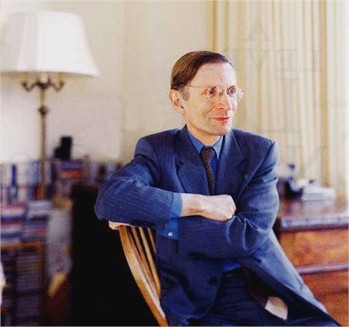 In an article in this month’s Fast Company, Keith Hammonds profiles an unlikely hero of social and environmental progressives: Ashoka founder Bill Drayton. Drayton, a former Director at McKinsey and the Environmental Protection Agency, is now a philanthropist with a difference: Ashoka provides a ‘leg up’ to those with vision, creativity, entrepreneurship and a strong ethical sense, by making them Ashoka ‘fellows’, who receive a stipend, funding for project costs, and the legal, management, intellectual and networking support of the Ashoka team. From a modest start 25 years ago, the group has grown to over 1500 fellows in 53 countries, including some highly celebrated and astonishingly creative social entrepreneurs who are household names in their home countries. The support team includes representation from McKinsey (management consultants), Hill & Knowlton (PR) and the International Senior Lawyers Project (legal counsel). According to the group’s website, “Ashoka Fellows are individuals who share qualities traditionally associated with business entrepreneurs ó vision, innovation, determination, and long-term commitment ó but are committed to systemic social change in Ashoka’s areas of interest: learning/youth development, the environment, health, human rights, economic development, and civic engagement. Fellows receive up to a three-year financial stipend to allow them to concentrate fully on their programs, and in addition may apply for supplemental funding for collaborative projects and are eligible for training and technical assistance.” Here are a few examples of what Ashoka fellows are doing:
What does it take to be an Ashoka Fellow? According to Fast Company‘s Fast Take, you need these five attributes:
If you have these attributes, and an interest in projects in one or more of the six areas of interest noted in bold above, Ashoka may give you the start you need. And if you’re looking for more inspiration, check out Fast Company‘s Social Entrepreneur award winners. |




